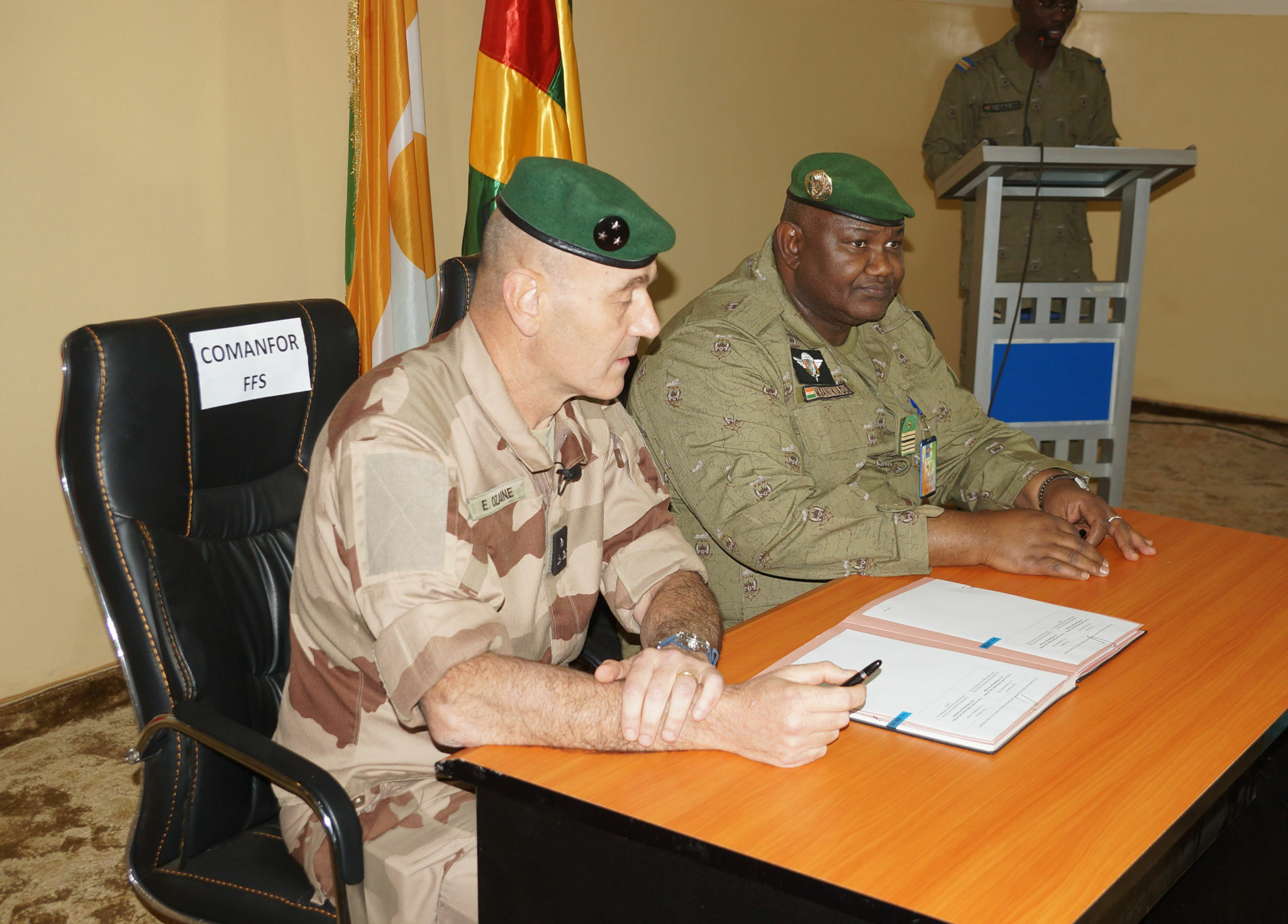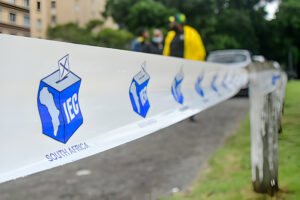As France concludes its military presence in Niger, a significant shift is underway in the Sahel region’s counter-terrorism landscape. This move follows similar exits from Mali and Burkina Faso, signifying a broader reevaluation of Western military strategies in the area. The departure of the last 1,500 French troops from Niger marks not just the end of an era but also the beginning of a new, uncertain chapter in the fight against jihadist groups.
The End of an Era
For a decade, France has been a prominent military force in the Sahel, with Operation Barkhane peaking at 5,500 personnel. This cooperation extended to local armies and saw support from European and American allies. However, recent political upheavals have led to a call for French withdrawal, indicating a significant shift in regional dynamics and a notable reduction in Western influence. Djallil Lounnas of the Moroccan University of Al Akhawayn reflects on this, stating, “This signals a failure, it is the end of French commitment in the Sahel.”
Shifting Strategies and New Challenges
The future of counter-terrorism in the Sahel now leans towards bilateral agreements and military cooperation, focusing on training and equipment rather than direct intervention. Denis Tull from the German Institute for International Relations and Security suggests a move towards more indirect forms of engagement. However, the willingness and capacity of European nations to engage with current regimes remain uncertain.
The United States, too, faces a dilemma. Its support in Niger was largely in aid of French operations. With legal constraints against supporting military regimes and the reduced utility of its aid without French presence, the U.S. is reassessing its role in the region.
The Rise of Russian Influence
In the vacuum left by Western forces, Russia’s presence, particularly through the Wagner Group, has become more pronounced. Despite recent turmoil within Wagner, Russia continues its influence activities in the region. The effectiveness and intentions of such groups are under scrutiny, with some experts skeptical of their long-term impact and ethical implications. Djallil Lounnas critically notes, “Everywhere they go, it’s a butcher’s shop.”
The Alliance of Sahel States and the Path Forward
The newly formed Alliance of Sahel States (AES) represents the regional response to the evolving threat of jihadist groups like Al-Qaeda and the Islamic State. While this military-focused approach is seen as a continuation of past strategies, there’s a glimmer of hope in potential negotiations with jihadist factions. Jean-Hervé Jézéquel from the International Crisis Group points out the possibility of dialogue as a complementary strategy, suggesting that a more nuanced approach might be on the horizon.
As the Sahel region transitions into a new phase of counter-terrorism, the departure of French forces marks a significant turning point. The future now hinges on how regional powers, new international players, and local regimes adapt and strategize to address the persistent and evolving threat of terrorism. While the path ahead is fraught with uncertainty, it also offers an opportunity for innovative approaches and renewed regional cooperation.














